-
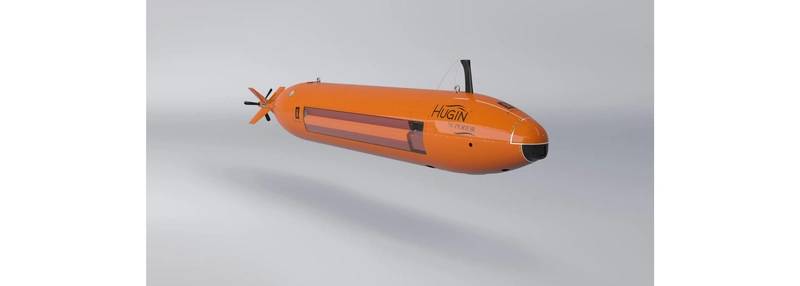
Kongsberg Delivers HUGIN Superior AUV to U.S. Navy and DIU
Kongsberg Delivers HUGIN Superior AUV to U.S. Navy and DIU Diving into Next-Gen Underwater Innovation Kongsberg has reached a major milestone by completing acceptance testing and delivering the HUGIN Superior Autonomous Underwater Vehicle (AUV) system to the Defense Innovation Unit (DIU) and the U.S. Navy. This achievement comes just one year after Kongsberg received a…
-
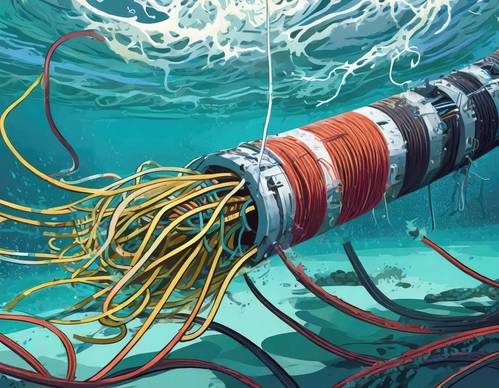
Baltic Undersea Cable Damage: A Growing Security Concern
Undersea Cables in the Baltic Sea: A Growing Concern Baltic Sea’s Underwater Crisis The Baltic Sea has become a center of attention following a series of damages to undersea cables, including the C-Lion1 telecoms cable. These incidents, suspected to involve sabotage, have raised alarms about the security of critical underwater infrastructure. With NATO increasing its…
-

The Dawn of AI Agents: 2025 Horizon
The Dawn of AI Agents: 2025 Horizon The Dawn of AI Agents: 2025 Horizon As we approach 2025, AI agents are set to transition from being a technological novelty to a critical business necessity. These autonomous systems, capable of reasoning and decision-making, are expected to revolutionize industries by streamlining workflows, automating tasks, and optimizing experiences.…
-
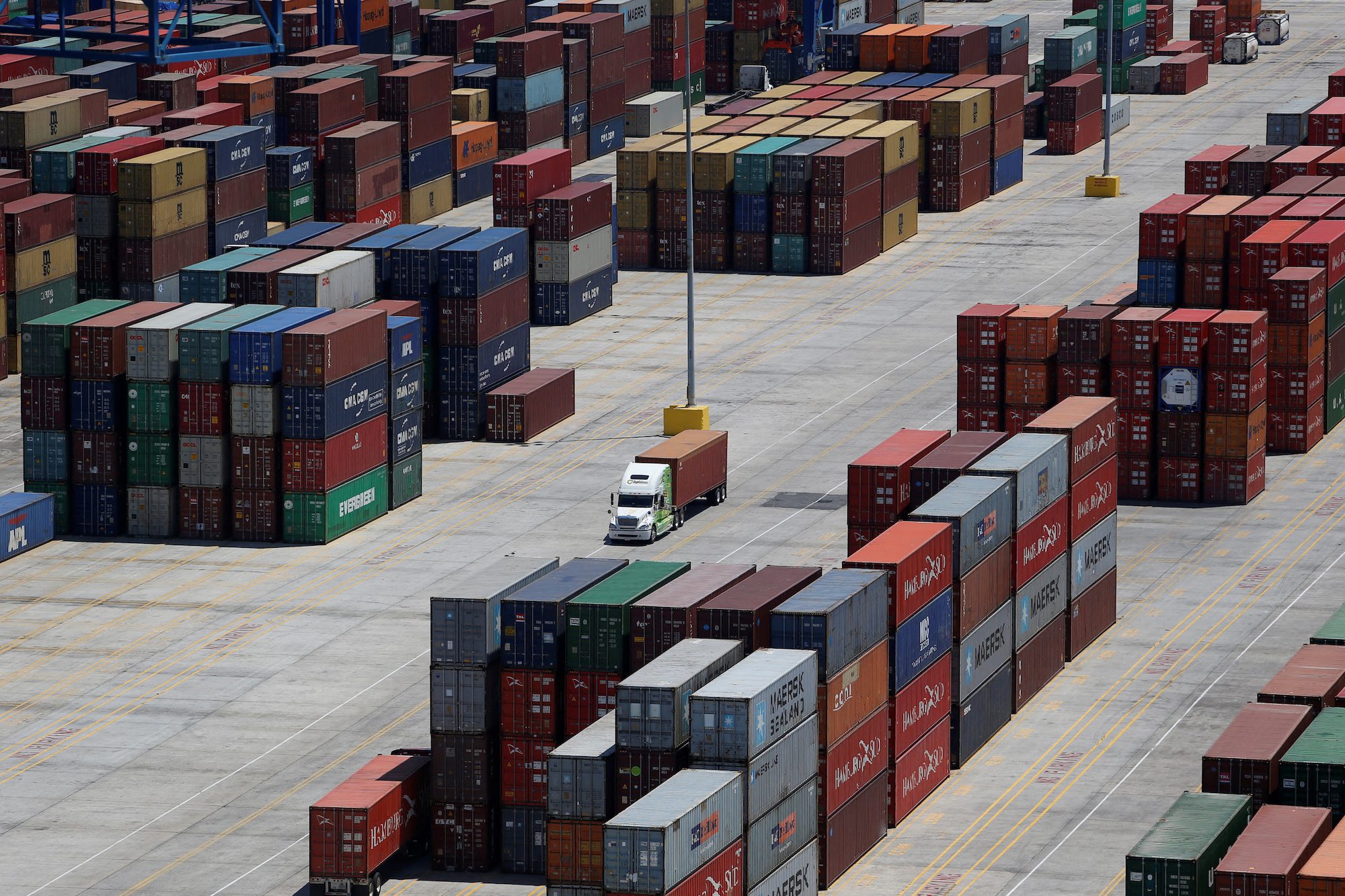
Trump’s Tariff Delays and Their Economic Implications
Trump’s Tariff Delays and Their Economic Implications Kickoff The recent developments regarding President Donald Trump’s stance on tariffs involving Canada and Mexico have sparked significant attention. Trump has repeatedly delayed the implementation of these tariffs, with April 2, 2025, emerging as a key date. This article delves into the potential postponement, its economic implications, market…
-
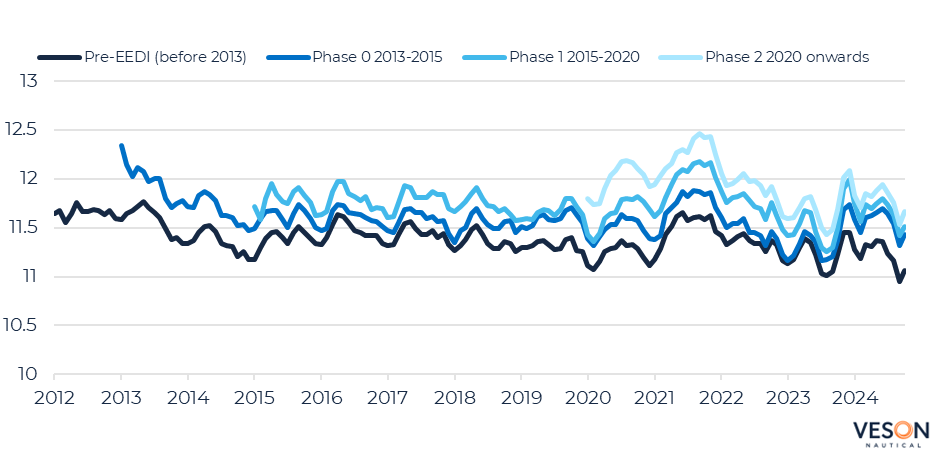
Understanding the Global Bulker Fleet Slowdown
Factors Contributing to the Slowdown The slowdown in the global bulker fleet is attributed to several key factors. One significant contributor is the aging of vessels. As ships age, they become less efficient and more prone to mechanical issues, leading to slower speeds and increased maintenance requirements. This aging fleet problem is exacerbated by the…
-
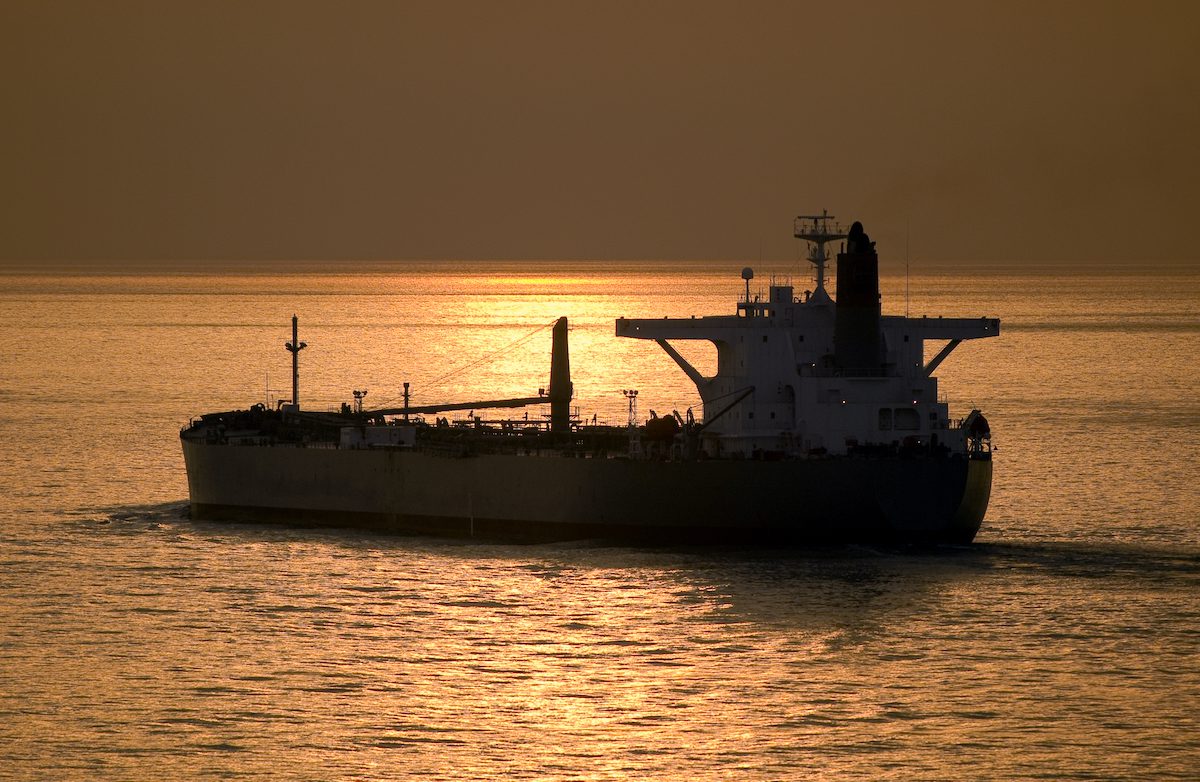
Russia’s Oil Exports: Challenges and Covert Tactics
Russia’s Oil Exports: Challenges and Covert Tactics Russia’s oil exports face significant hurdles due to sanctions imposed after its invasion of Ukraine. This article examines covert cargo transfers, particularly ship-to-ship (STS) transfers, used by Russia to sustain its oil exports. We explore the “shadow fleet” of older tankers, environmental concerns, and evasion tactics. Additionally, we…
-
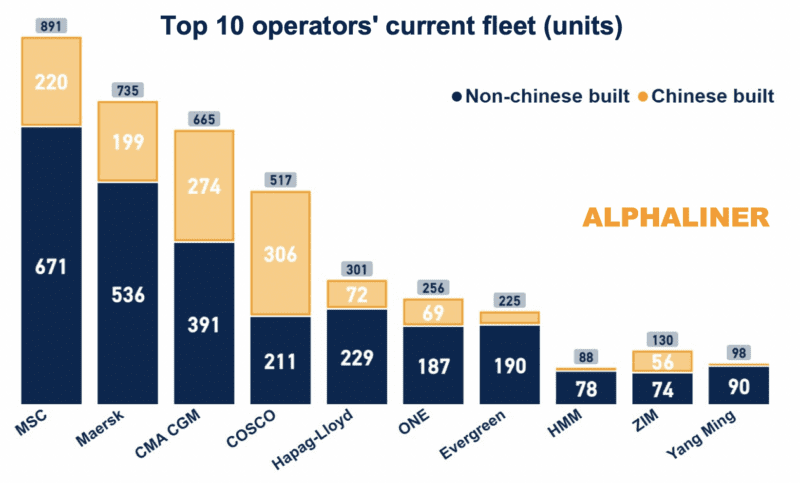
Understanding USTR’s Proposed Restrictions on Chinese Ships
USTR’s Proposed Restrictions on Chinese-Built Ships Introduction to USTR’s Proposed Restrictions The U.S. Trade Representative (USTR) has proposed significant new restrictions targeting Chinese-built ships and operators. This action follows a Section 301 investigation initiated by five major U.S. labor unions in March 2024. The investigation found that China’s maritime sector practices are “unreasonable and burdensome…
-
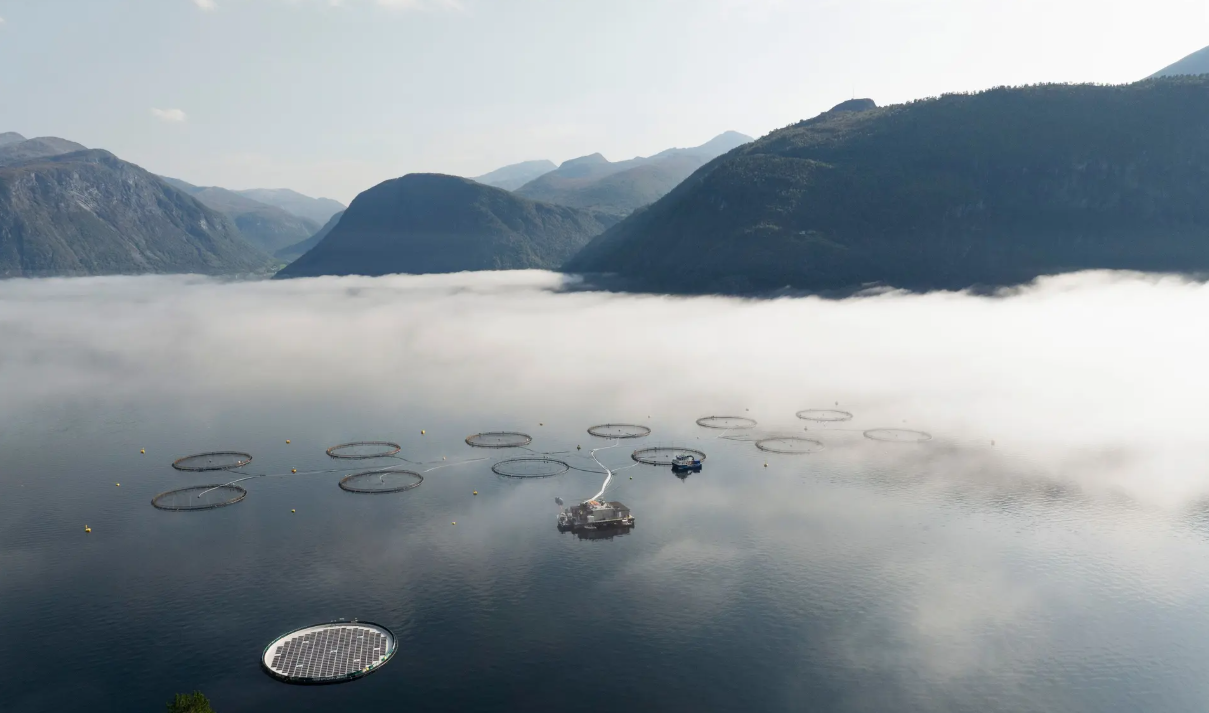
Norway’s Floating Solar Innovation
Norway’s Northernmost Floating Solar Plant: A Milestone in Sustainable Aquaculture The installation of Norway’s northernmost floating solar plant, a collaboration between Alotta and Emilsen Fisk, marks a significant milestone in sustainable aquaculture and renewable energy. Located in Nærøysund municipality, Trøndelag, this 160 kW floating solar system will power a fish farm. This reduces diesel emissions…
-
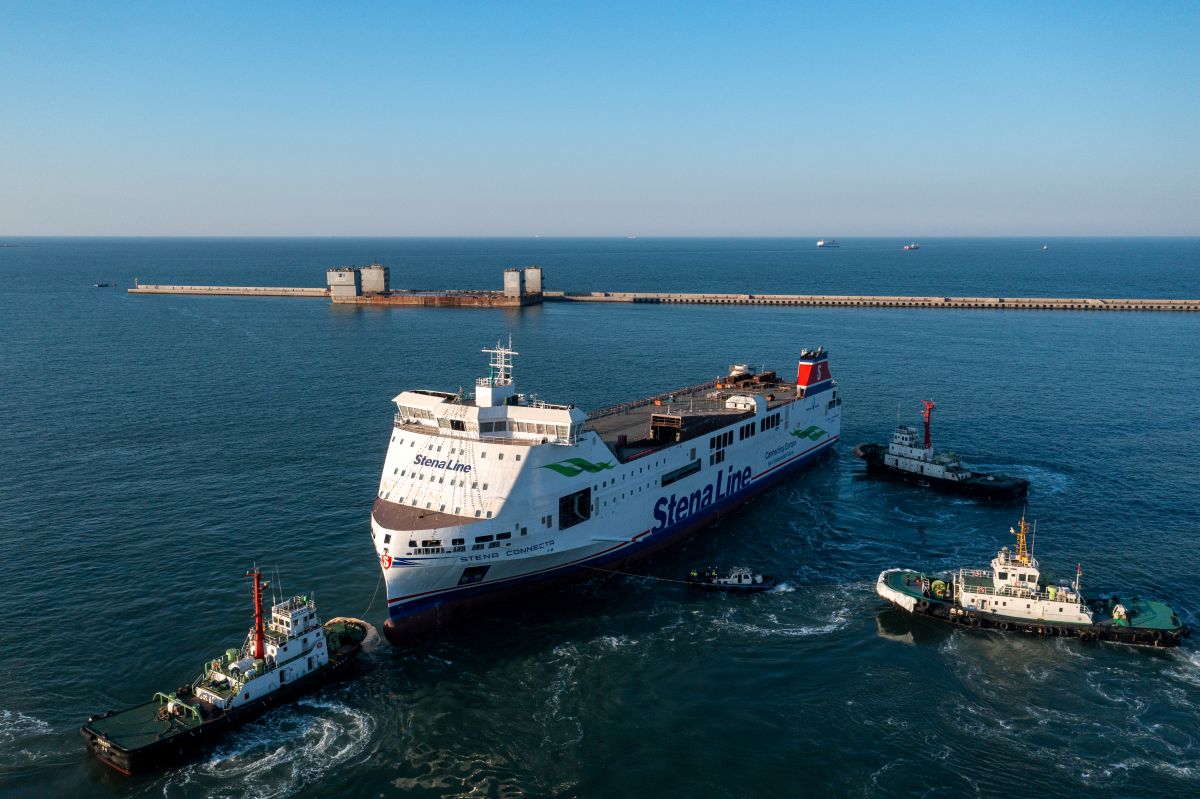
Stena Line’s Launch of Sustainable Hybrid Ferries
Stena Line’s Methanol-Ready Hybrid Ferries: A Giant Leap Towards Sustainable Shipping Stena Line’s latest launch of its second methanol-ready NewMax hybrid ferry at China Merchants Jingling Shipyard signals a major stride in sustainable shipping. This vessel, part of Stena Line’s methanol investment program, aims to cut carbon emissions and boost environmental sustainability. Equipped with rotor…
NeonHorizon
Exploring the horizons of the maritime industry.

